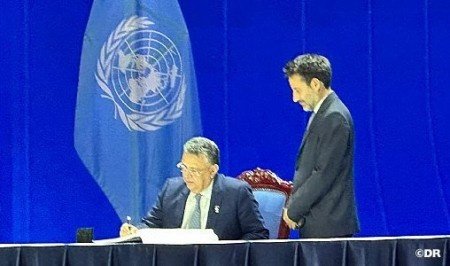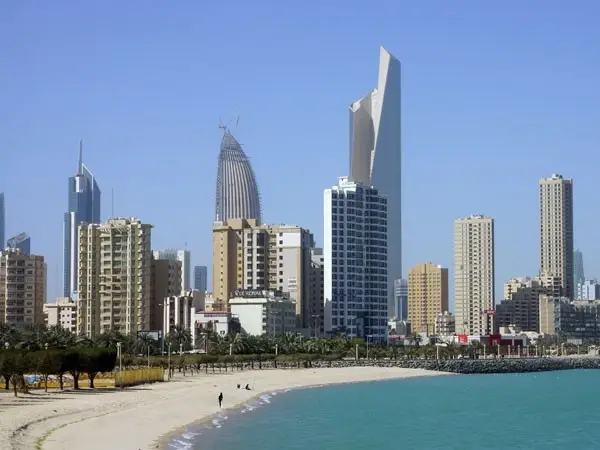HANOI – Morocco has officially signed the United Nations Treaty on Cybercrime, joining more than 60 countries in a landmark step toward strengthening international collaboration against emerging digital threats. The signing ceremony, held in Hanoi in the presence of UN Secretary-General António Guterres, marks a major milestone in global cyber governance.
Representing the Kingdom, Minister of Justice Abdellatif Ouahbi described the event as a “historic moment” and a “symbolic milestone in UN action,” underscoring its significance in addressing the escalating risks of cybercrime worldwide. He noted that while the digital revolution has enabled economic growth and social progress, it has also accelerated criminal activities that now threaten political and economic stability.
Ouahbi emphasized that Morocco played an active role in drafting the treaty since the formation of the UN intergovernmental committee under Resolution 75/282, contributing substantively throughout the negotiation process. Despite complex technical and political discussions, he said the final agreement demonstrates the international community’s shared resolve to combat cybercrime through judicial and technical cooperation.
Highlighting the growing misuse of digital platforms by extremist groups, the minister stressed that cybersecurity is now a crucial pillar of national and global stability. He reaffirmed Morocco’s long-standing commitment to this cause, citing the Kingdom’s adoption of comprehensive cybersecurity legislation, modernization of penal and procedural codes, and initiatives to balance digital innovation with citizen protection.
The UN Cybercrime Convention, adopted by the General Assembly in December 2024, is the first legally binding global framework dedicated to countering cybercrime. It will enter into force 90 days after ratification by participating member states, providing a foundation for cooperation in evidence sharing, investigation, and capacity building.















